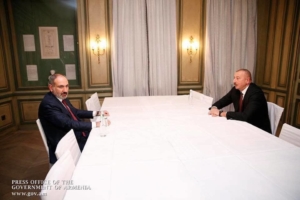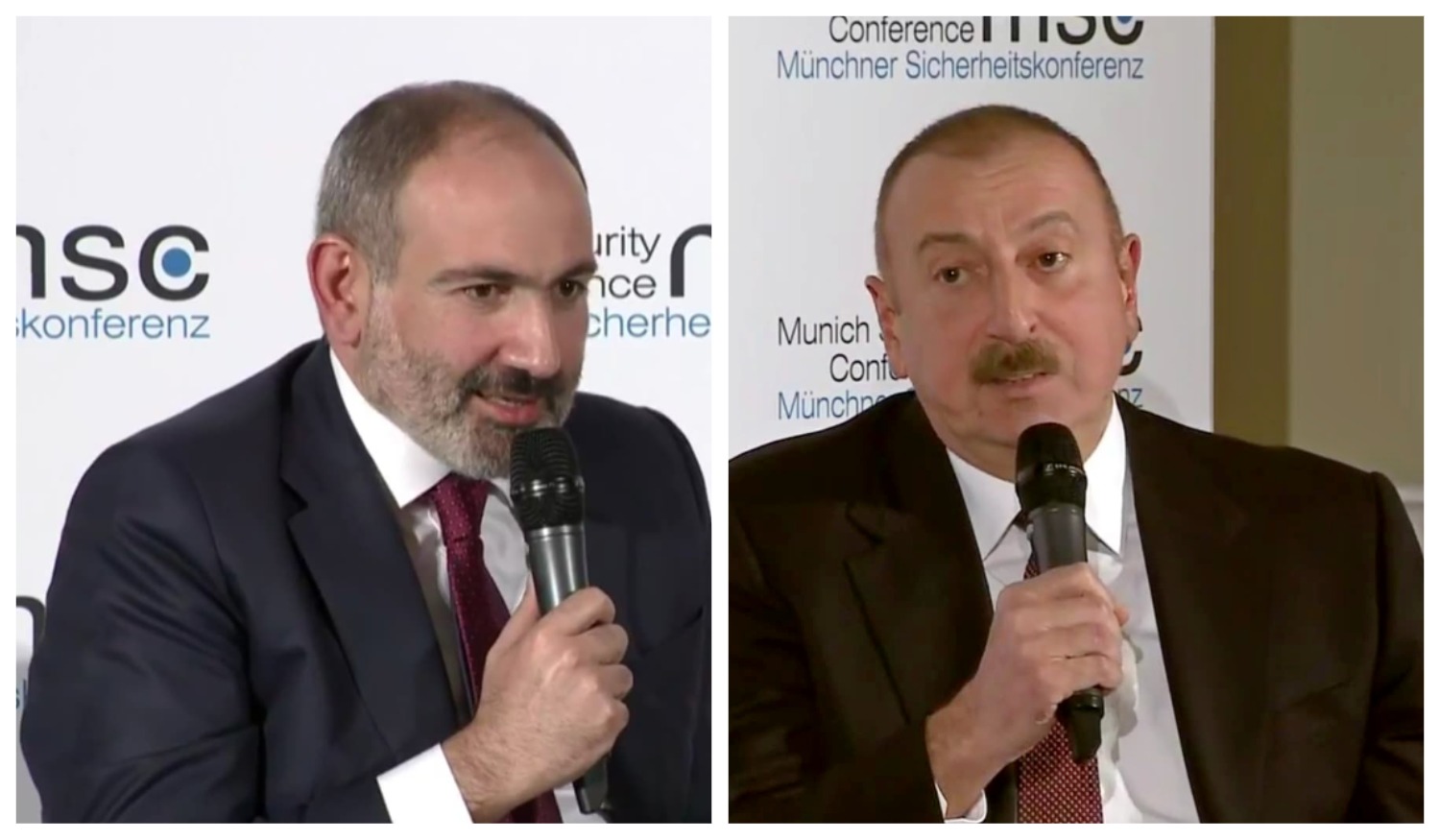Share














Most read

Georgia’s prime minister calls UK sanctions on Georgian TV channels 'shameful'
Top stories in Azerbaijan, Armenia, and Georgia from 16-20 February, 2026
Russia’s $90bn oil network: how Azerbaijani businessmen were exposed
'Armenian Apostolic Church does not serve foreign powers': bishops meet in Austria
Latest news in Georgia, Armenia, Azerbaijan, summary. Live

European Commission president: 'Visa-free travel suspension could apply to all Georgian citizens'
Ukraine’s parliamentary speaker: 'Georgia is amplifying Russian narratives'
UK envoy summoned to Georgia’s foreign ministry
Will Russia turn to Central Asia and the South Caucasus after Ukraine?
Latest news in Georgia, Armenia, Azerbaijan, summary. Live












